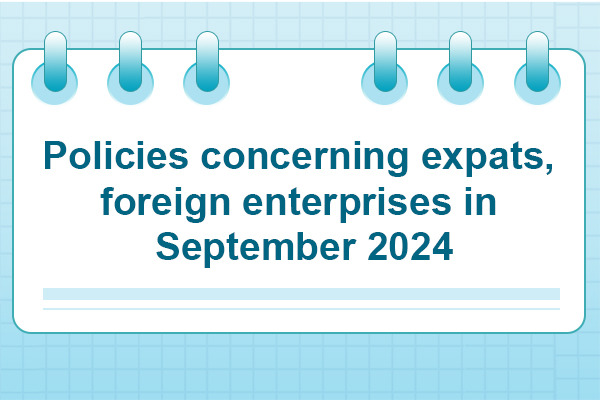Green tech innovation essential


China is playing an increasingly important role in promoting the world's green, high-tech, and sustainable development, as the global economy grapples with mounting challenges including climate change and geopolitical tensions, according to experts participating in the 12th Beijing Humboldt Forum.
They said countries should work together to strengthen cooperation and multilateralism to deal with challenges and uncertainties jointly, in a bid to foster a more balanced and sustainable growth for the world's future.
Nobel Prize-winning economist Michael Spence highlighted that the global economy is facing unprecedented challenges from climate change, rising geopolitical tensions as well as headwinds from declining productivity growth and aging issues.
"China has made enormous progress in electric vehicles, solar battery technology and so on," Spence said during the meeting on Saturday via a video link. "These need to spread around the world and be made available everywhere… So if we use these tools wisely, we have a reasonable chance of not only overcoming the current headwinds to growth and development in many parts of the world but also putting the global economy on a different trajectory."
Citing a recent report by Beijing-based University of International Business and Economics, the university's President Zhao Zhongxiu called on Global South countries to participate in the global value chain and promote green and low-carbon development, adding that China's experiences are helpful for those countries in dealing with the challenges ahead.
"China has been a member of the World Trade Organization for over 20 years, which offers valuable insights, particularly in cooperation with Global South countries," Zhao said. "From China's perspective, the key takeaway is to leverage multilateral and bilateral trade agreements to promote economic development."
When it comes to green and low-carbon development, he said that presents an opportunity for Global South countries to catch up, particularly in the area of energy transition.
"The key is strengthening policy coordination and multilateral cooperation," Zhao said. "It is essential to encourage green technological innovation and application, as well as to advance technology transfer and cooperation, rather than imposing technological blockades."
Jin Xu, chairman of the China Association of International Trade, noted that the current global political and economic landscape faces many uncertainties, saying a decoupling of Western countries and China would lead to significant losses for both sides and erode global confidence in future economic development.
Highlighting China's notable growth in the new three sectors of electrical vehicles, lithium batteries and solar cells, he called on countries to jointly strengthen cooperation and multilateralism to foster a green and sustainable future.
Yin Mingyue and Tan Guoling contributed to this story.




































